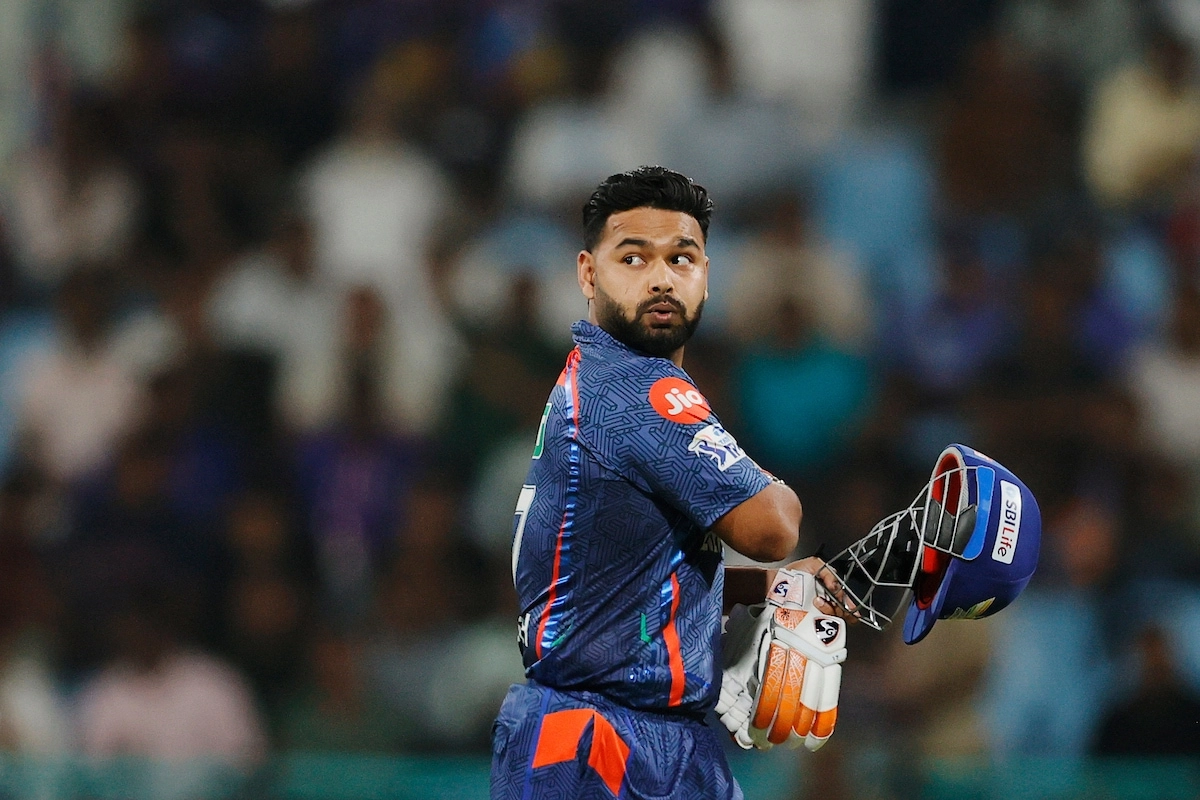The recent hefty price tag of Rs 27 crore for Indian cricketer Rishabh Pant has sparked discussions about its potential impact on his performance and mental health. Former Indian player Deep Dasgupta has weighed in on the matter, suggesting that such a significant financial commitment can indeed weigh heavily on an athlete’s shoulders. In professional sports, particularly in cricket, players are often scrutinized not just for their performances on the field but also for the financial implications of their contracts. Pant, being one of the most talented and promising cricketers in India, finds himself in a unique position where the expectations are not just about his skills but also about living up to the enormous investment placed in him.
Dasgupta highlighted that the pressure associated with a substantial price tag can lead to a variety of psychological challenges. While Pant has demonstrated remarkable talent and skill, the burden of expectation can sometimes hinder performance. The pressure to justify such a financial valuation might cause anxiety or self-doubt, which could manifest in his game. It’s not uncommon for athletes in high-stakes situations to feel overwhelmed by the need to constantly outperform themselves and meet the expectations of fans, selectors, and sponsors. This kind of mental strain can affect focus and decision-making during critical moments in matches.
Moreover, the financial stakes in cricket have escalated significantly over the years, especially with the advent of T20 leagues that attract enormous investments. While the lucrative contracts can provide financial security and opportunities, they can also lead to intense pressure for the players. For Pant, being in the limelight with such a high price tag means that every move he makes is dissected and analyzed. This level of scrutiny can impact a player’s confidence and overall well-being, often leading to a delicate balancing act between professional duties and personal mental health.
In conclusion, while Rishabh Pant’s price tag reflects his immense talent and marketability, it also brings with it an array of challenges. The insights from experts like Deep Dasgupta underscore the importance of understanding the psychological aspect of sports, particularly in high-pressure environments. As fans and analysts continue to debate the implications of such financial commitments, it becomes crucial to support athletes in navigating the complexities of their careers, ensuring that their mental health is prioritized alongside their performance on the field.




